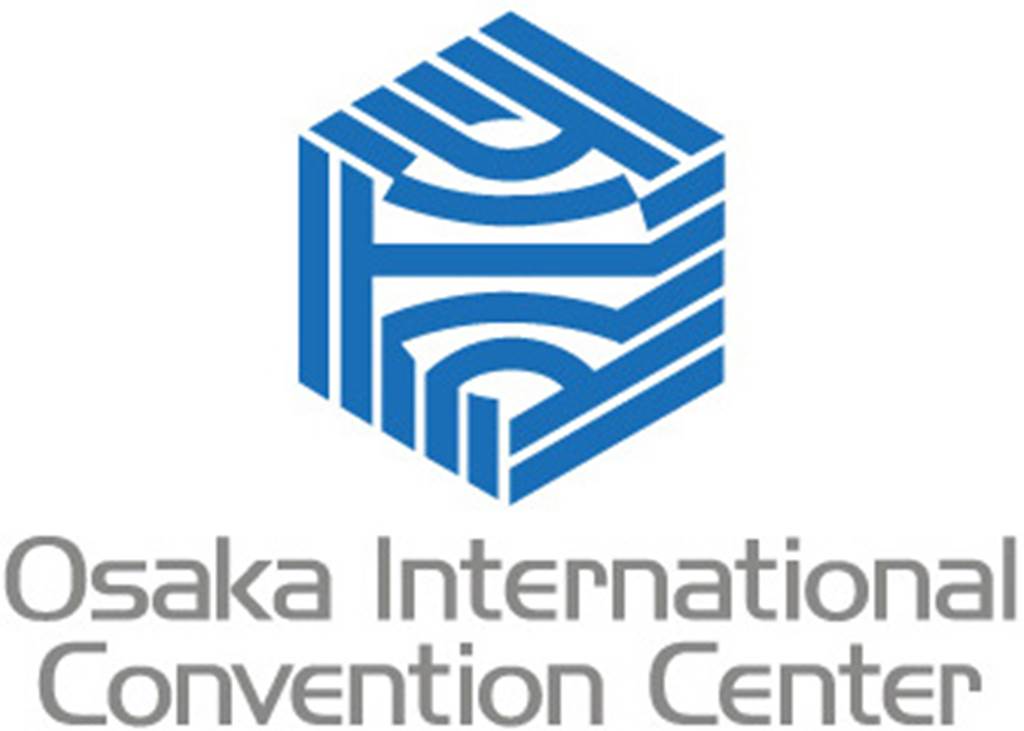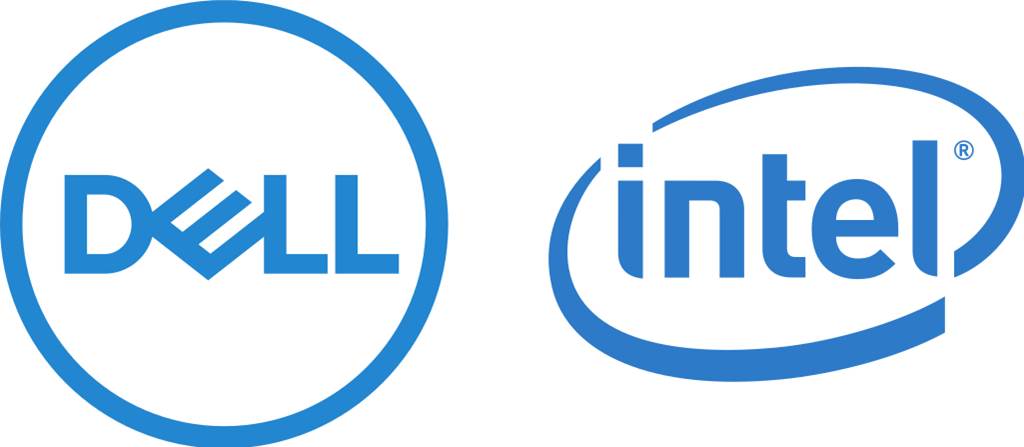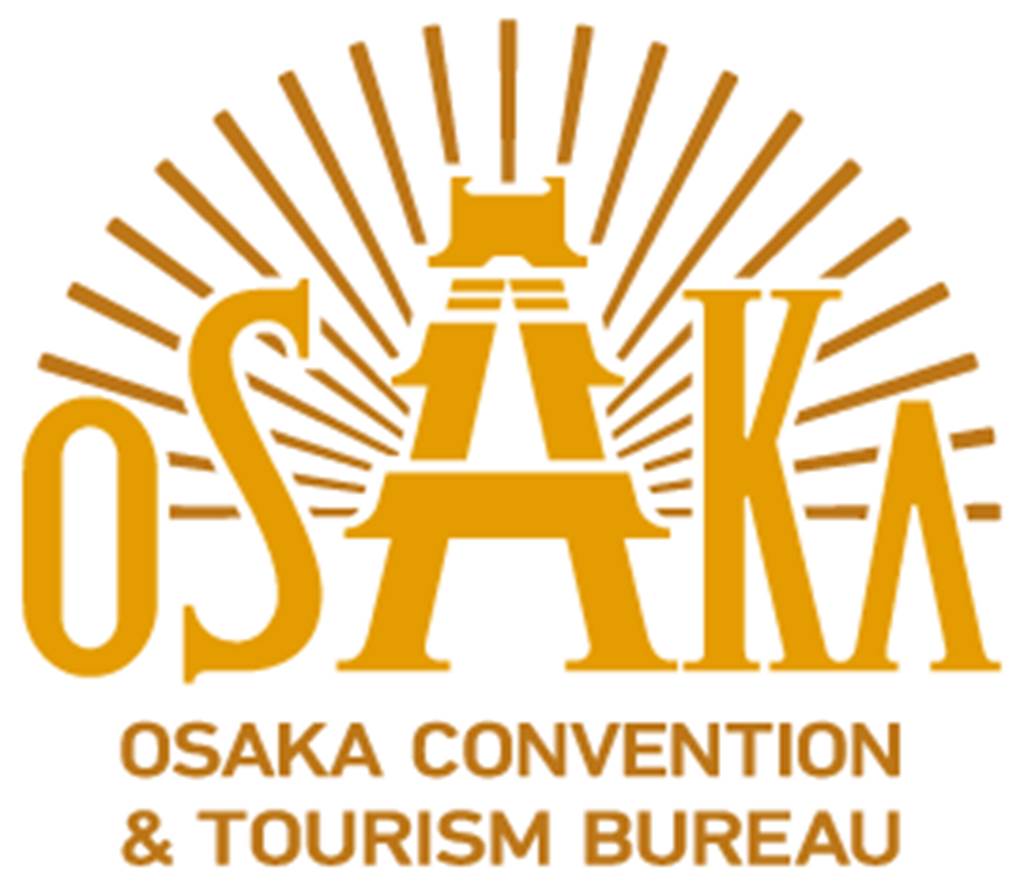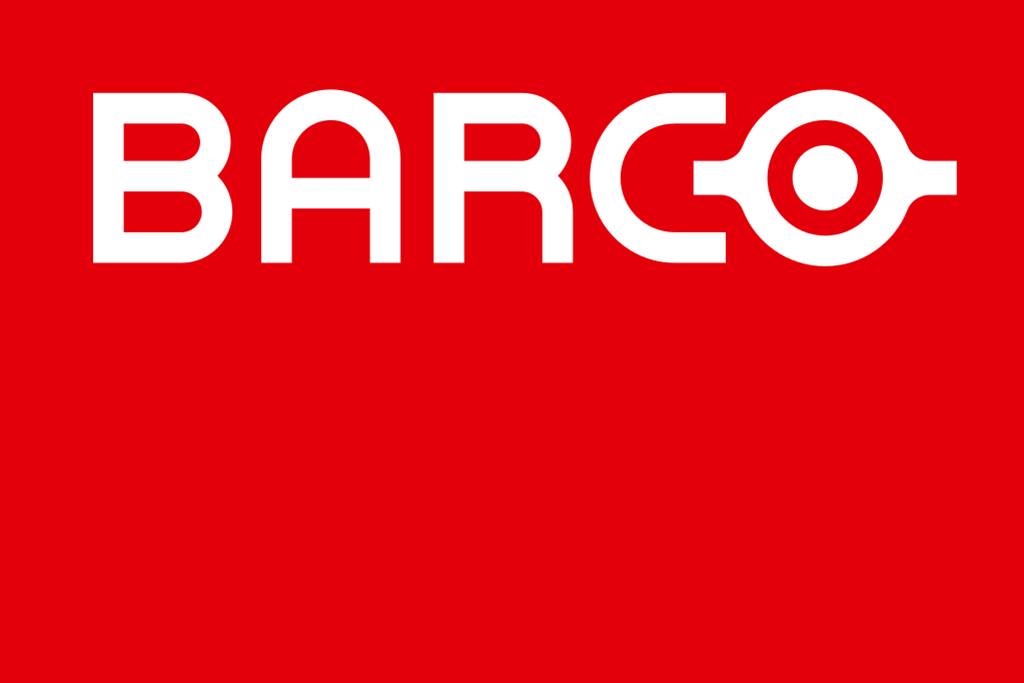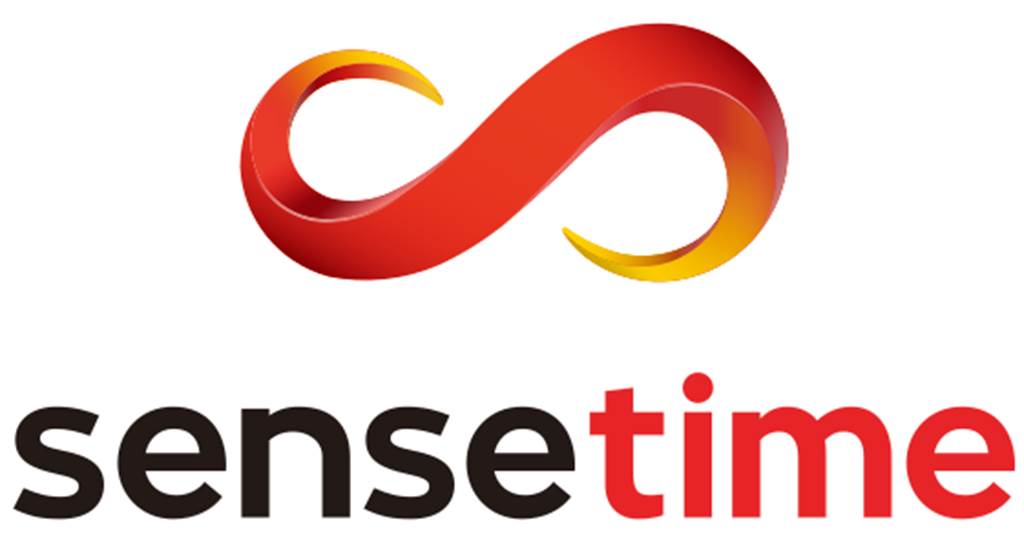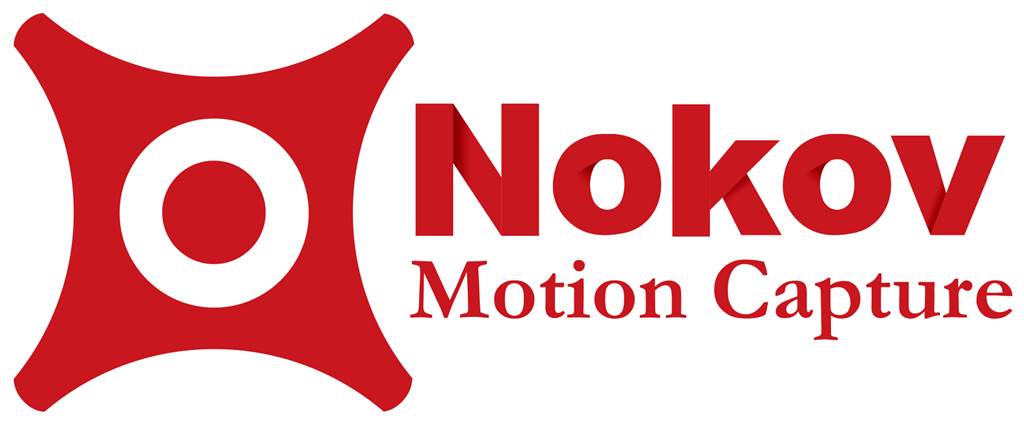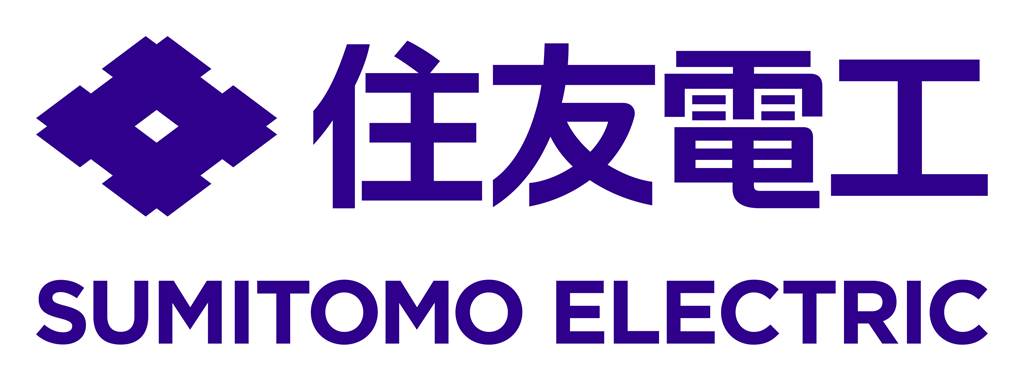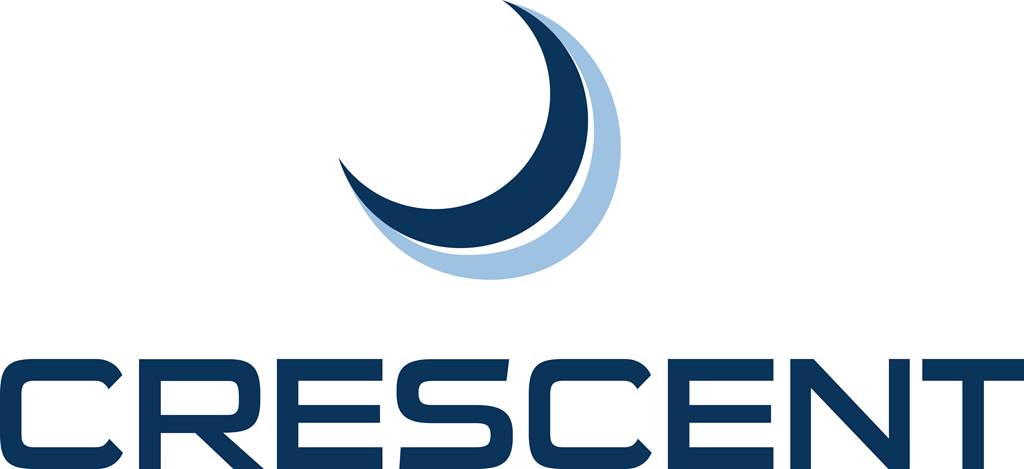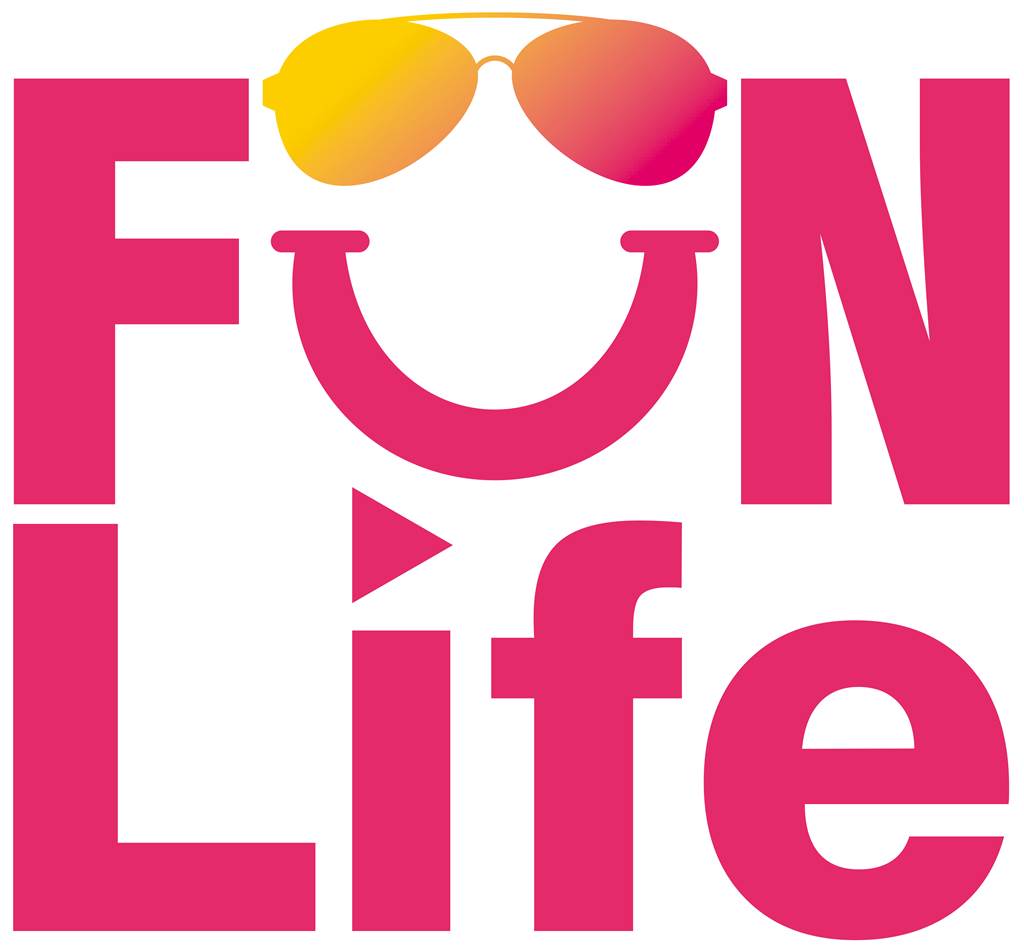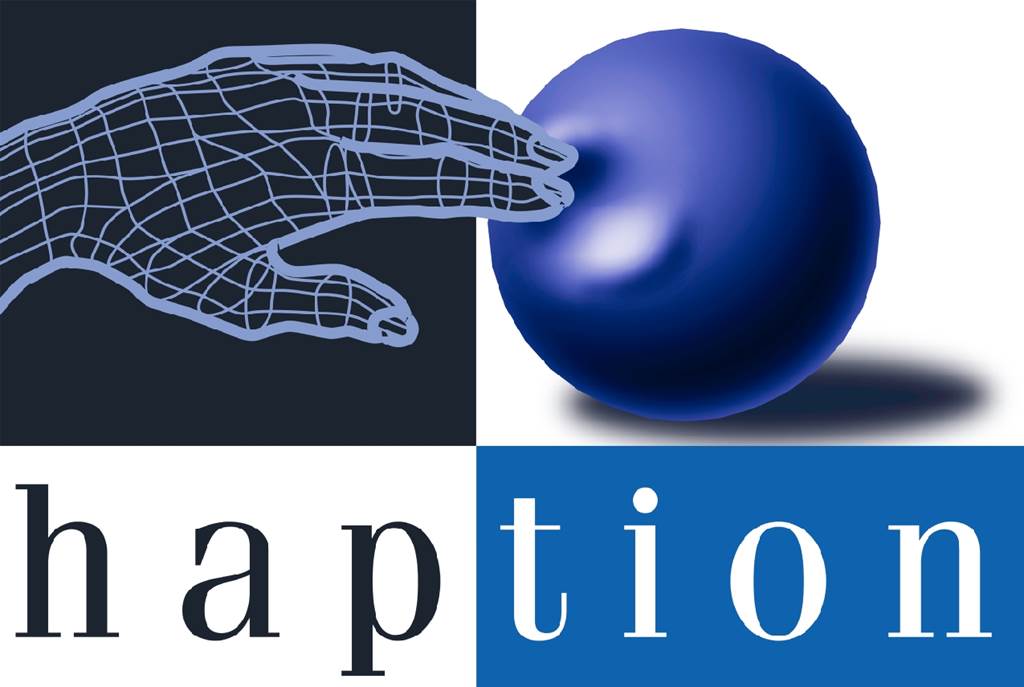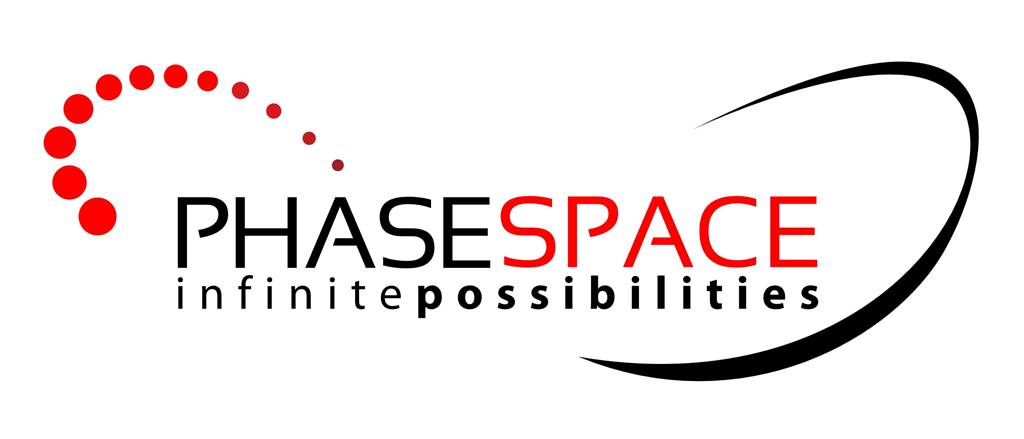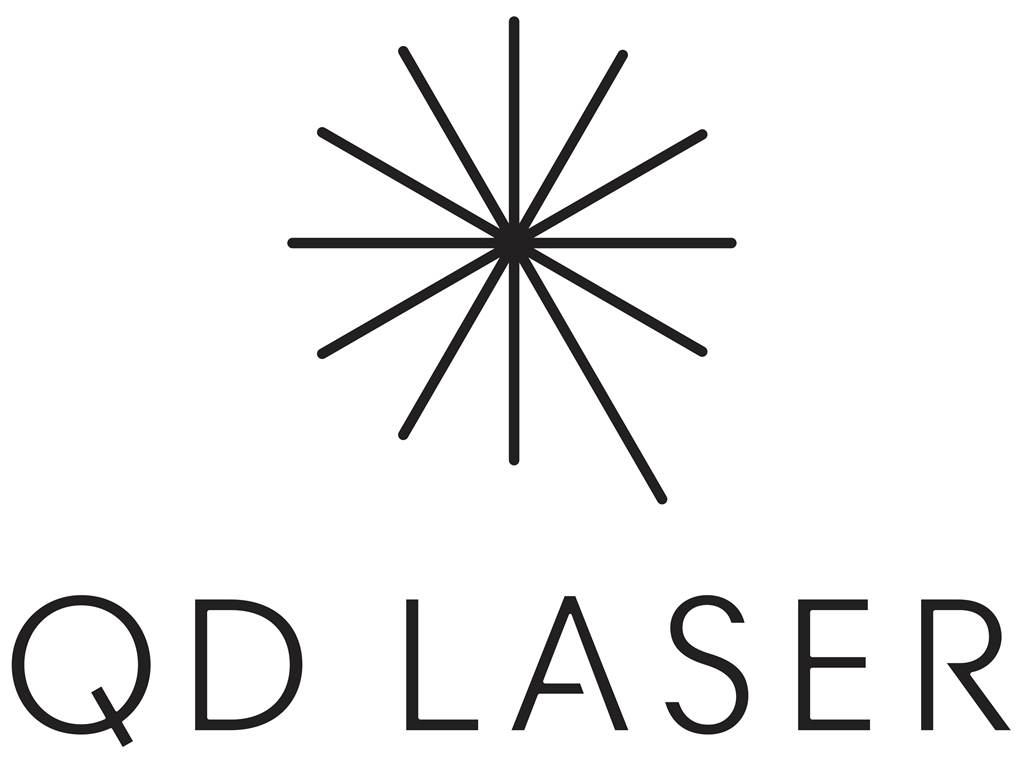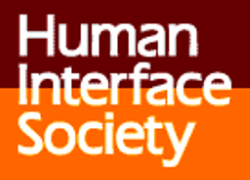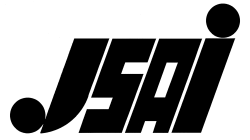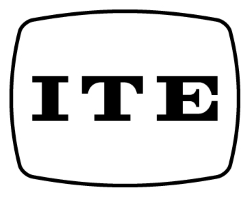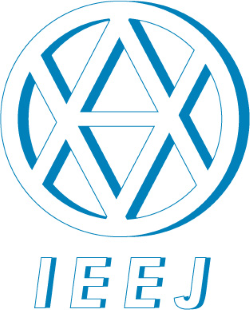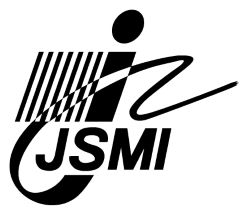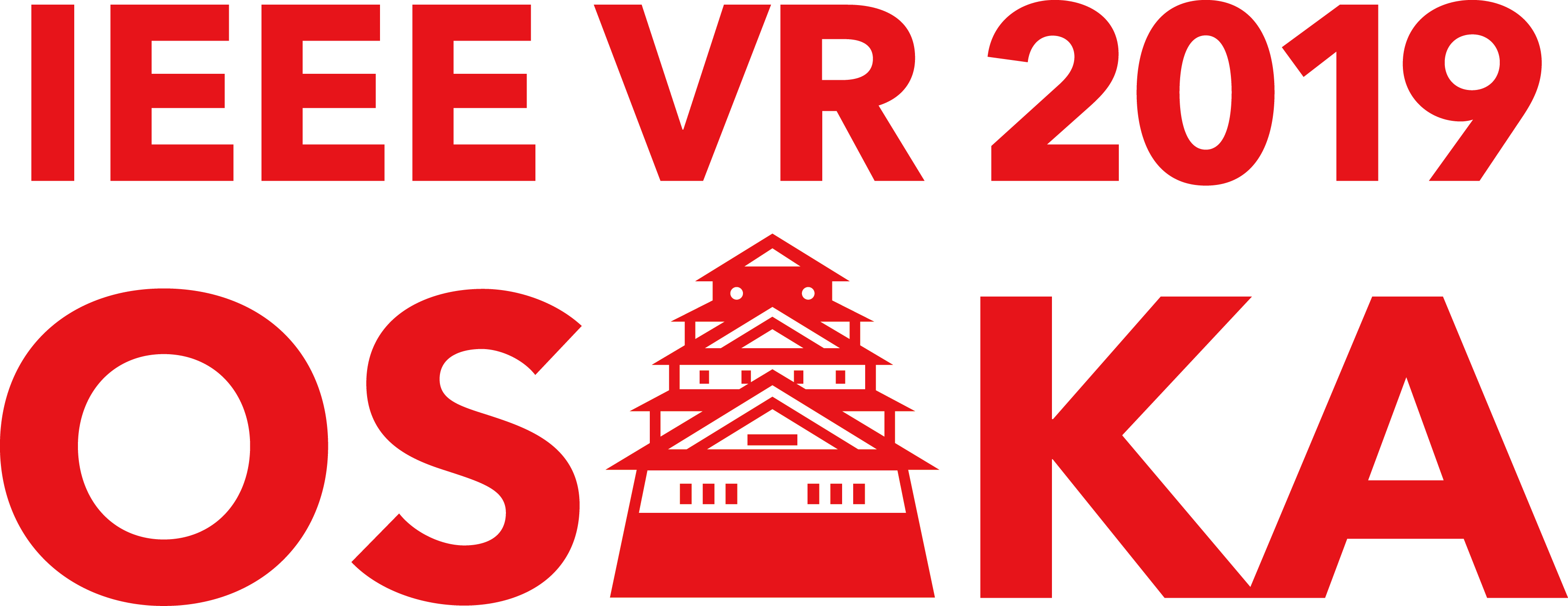
March 23rd - 27th

March 23rd - 27th
Sponsors
Diamond
Platinum
Gold
Silver
Bronze
Flower / Misc
Exhibitors
Supporters
IEEE Kansai Section
Society for Information Display Japan Chapter
The Visualization Society of Japan
The Robotics Society of Japan
Japan Society for Graphic Science
The Japan Society of Mechanical Engineers
Japanese Society for Medical and Biological Engineering
The Society of Instrument and Control Engineers
The Institute of Electronics, Information and Communication Engineers
Japan Ergonomics Society
Exhibitors and Supporters
Workshops
The following 18 workshops will be held at IEEE Virtual Reality 2019.
- W1: KELVAR: The Fourth IEEE VR Workshop on K-12+ Embodied Learning through Virtual & Augmented Reality
- W2: PERCAR: The Fifth IEEE VR Workshop on Perceptual and Cognitive Issues in AR
- W3: NeuroVirt: The Second IEEE VR Workshop on Neuroscience and Virtuality
- W4: EVR: The First IEEE VR Workshop on Ethics in VR
- W5: AVEH: The First IEEE VR Workshop on Applied VR for Enhanced Healthcare
- W6: SEARIS: The Twelfth IEEE VR Workshop on Software Engineering and Architectures for Realtime Interactive Systems
- W7: WSWT: The First IEEE VR Workshop on Smart Work Technologies
- W8: WEVR: The Fifth IEEE VR Workshop on Everyday Virtual Reality
- W9: WISP: The First IEEE VR Workshop on Immersive Sickness Prevention
- W10: HAA: The First IEEE VR Workshop on Human Augmentation and its Applications
- W11: SHS: The First IEEE VR Workshop on Superhuman Sports
- W12: VHCIE: The Fourth IEEE VR Workshop on Virtual Humans and Crowds in Immersive Environments
- W13: NIDIT: The First IEEE VR Workshop on Novel Input Devices and Interaction Techniques
- W14: ANIVAE: The Second IEEE VR Workshop on Animation in Virtual and Augmented Environments
- W15: PerGraVAR: The First IEEE VR Workshop on Perception-driven Graphics and Displays for VR and AR
- W16: ViSAug: The First IEEE VR Workshop on Eye Tracking and Vision Augmentation
- W17: FAVR: The First IEEE VR Workshop on the Future of Audio in VR
- W18: FCF: The Second IEEE VR Workshop on The Future of Computing & Food (in Kyoto on March 28th, 2019)
Please check each workshop’s website or contact organizers for the most up to date information. In addition, a following relevant workshop APMAR in Nara, Japan on March 28th and 29th, 2019.
| Sat. AM | Sat. PM | Sun. AM | Sun. PM | |
|---|---|---|---|---|
| WS (Abbreviation) | 08:45-10:15 10:30-12:00 |
13:30-15:00 15:15-16:45 |
08:45-10:15 10:30-12:00 |
13:30-15:00 15:15-16:45 |
| W8: WEVR | ||||
| W12: VHCIE | ||||
| W14: ANIVAE | ||||
| W2: PERCAR | ||||
| W11: SHS | ||||
| W6: SEARIS | ||||
| W15: PerGraVAR | ||||
| W16: VisAug | ||||
| W10: HAA | ||||
| W7: WSWT | ||||
| W4: EVR | ||||
| W1: KELVAR | ||||
| W13: NIDIT | ||||
| W17: FAVR | ||||
| W9: WISP | ||||
| W3: NeuroVirt |
W1: KELVAR: The Fourth IEEE VR Workshop on K-12+ Embodied Learning through Virtual and Augmented Reality
This workshop brings together researchers and practitioners in HCI, cognition, and learning sciences, to share experiences and findings utilizing VR/AR/MR/XR in K-12+ (K-12 and higher) formal and informal educational settings.
Keynote: Blair Macintyre, Georgia Tech, USA and Marc Erich Latoschik, Universität Würzburg, Germany.

Organizer:
- Iulian Radu, Harvard University, US
- Erica Southgate, University of Newcastle, Australia
- Francisco R. Ortega, Colorado State University, US
- Jerry Alan Fails, Boise State University, US
- Steven Cutchin, Boise State University, US
Main Topics:
- VR, AR & MR Technologies and Applications for formal and informal education sites (e.g.: classrooms, libraries, museums, afterschool programs, classroom integration of technology)
- Theories and Applications of Embodied Cognition and Learning
- Curriculum-based Educational Applications
- Student-Teacher Relationships and Pedagogical Implications
- Teacher and Student Content Authoring Tools
Submissions:
- Empirical papers: early research and work in progress (4-6 pages, VGTC format)
- Position papers (3-4 pages, VGTC format)
Important dates:
- Submission deadline: January 31, 2019
- Notification: February 5, 2019
- Camera-ready submission: February 19, 2019
Website: https://sites.google.com/site/vrkelvar/
W2: PERCAR: The Fifth IEEE VR Workshop on Perceptual and Cognitive Issues in AR
The goal of this workshop is a better understanding of the various perceptual and cognitive issues that inform and constrain the design of effective augmented reality systems.
Keynote: Anthony Steed, University College London, UK.

Organizer:
- Joe Gabbard, Virginia Tech, USA
- Richard Skarbez, La Trobe University, Australia
- Ernst Kruijff, Hochschule Bonn-Rhein-Sieg, Germany
Main Topics:
- Perceptual issues in AR (depth perception, color perception, etc.)
- Cognitive issues relating to the use of AR (Attention, cognitive load, etc.)
- Individual differences in perception & cognition
- Comparisons between AR and VR perceptual issues
- Multisensory issues (sensation, perception & cognition in non-visual AR)
Submissions:
- Research, position and survey papers (2-4 pages, VGTC format)
Important dates:
- Submission deadline: January 20, 2019
- Notification: February 1, 2019
- Camera-ready submission: February 19, 2019
Website: https://sites.google.com/view/percar2019workshop
W3: NeuroVirt: The Second IEEE VR Workshop on Neuroscience and Virtuality
Virtuality is a presentation, a simulation of the real world. As virtuality, neuroscience is based on a simulation process that is the creation of neural representations of the external world. In that context, neuroscience can contribute to the improvement of virtuality; virtuality can add to the understanding of brain functioning and plasticity.
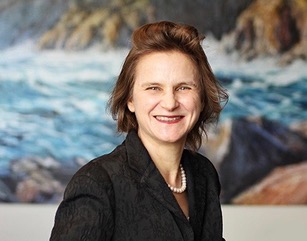
Organizer:
- Irini Giannopulu, iCAM, Bond University, Australia
- Tomoko Yonezawa, Virtual Communication Media Design, Kansei University, Japan
Main Topics:
- Brain and Immersion/Presence (virtual/mixed/augmented reality)
- Visuo-vestibular and proprioceptive interactions
- Mental images/Emotion in VR
- Virtual/Robotic Installation
- Spatial navigation in real and virtual naturalistic environment
Submissions:
- Research and position papers (4-8 pages, VGTC format)
- Work-in-progress papers (2-3 pages, VGTC format)
Important dates:
- Submission deadline: January 31, 2019
- Notification: February 9, 2019
- Camera-ready submission: February 19, 2019
Website: http://www.vcmd.kutc.kansai-u.ac.jp/NeuroVirt/
W4: EVR: The First IEEE VR Workshop on Ethics in VR
In spite of the current explosion in VR content production and consumption, we are lagging behind in developing VR-specific ethical frameworks in which to operate. This affects our ability to rate, critique, and distribute content responsibly, which we need in order to elevate the medium to maturity.
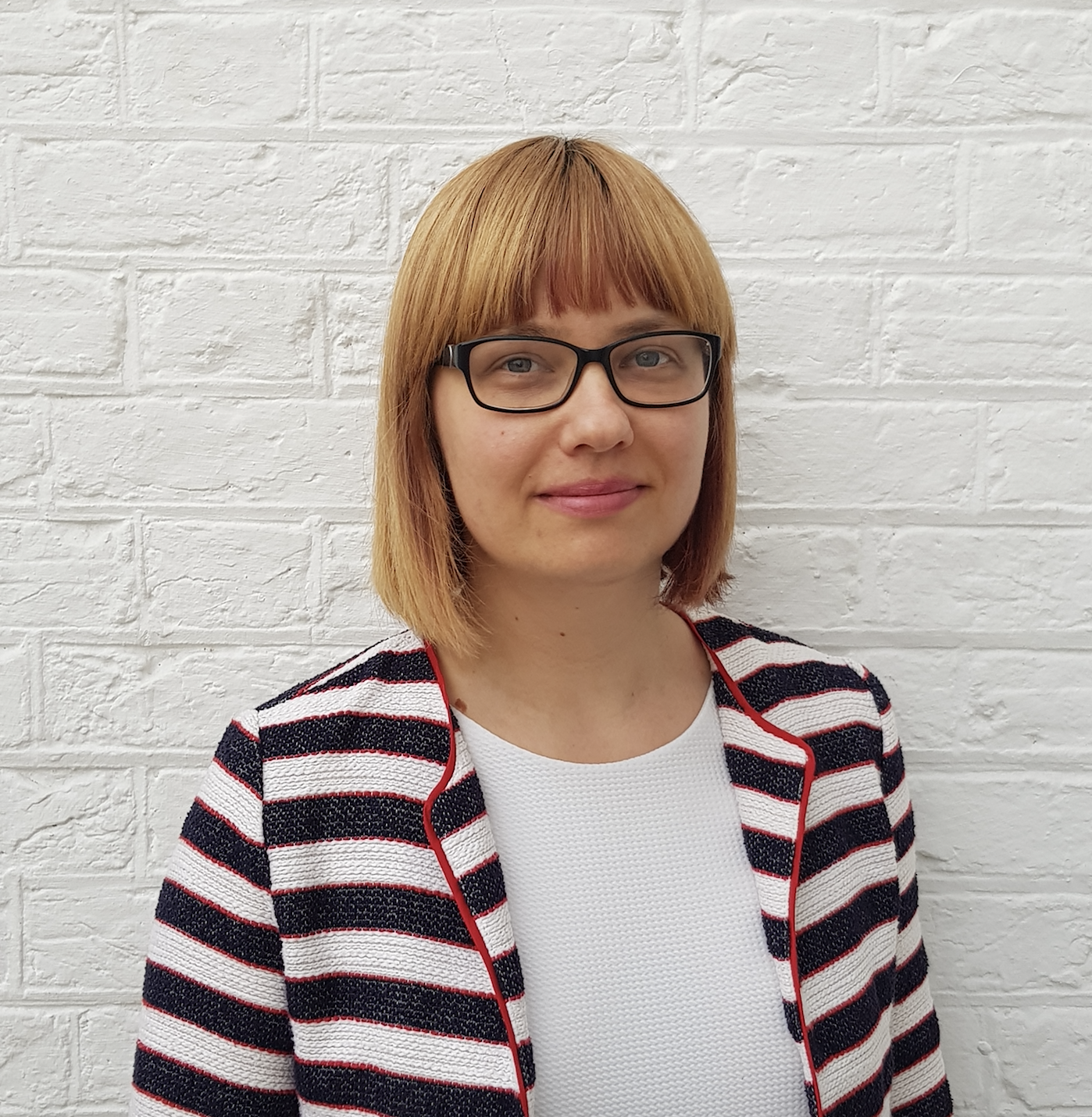
Organizer:
- Ana-Despina Tudor, London College of Communication, University of the Arts London, UK
Main Topics:
- Ethics of representation in VR, e.g., stereotyping and biased representation of groups;
- Ethics of production and accessibility for VR content creators;
- Ethics of VR consumption regarding financial barriers for adoption, e.g., in education and training;
- Ethics of self-representation and interaction regarding embodiment and social behaviour in social VR;
- Opportunities and challenges for VR content rating schemes, e.g., for visual realism, interaction, etc.
Submissions:
- Position, research and work-in-progress papers (2-4 pages, VGTC format)
Important dates:
- Submission deadline: January 25, 2019
- Notification: February 1, 2019
- Camera-ready submission: February 19, 2019
Website: https://sites.google.com/view/ethicsinvr/home
W5: AVEH: The First IEEE VR Workshop on Applied VR for Enhanced Healthcare
This workshop aims to explore how fundamental understanding of XR/VR/AR can be applied into various healthcare settings and to bring together expert knowledge in both technology and healthcare in order to explore how the potential of XR/VR/AR can be used to support and enhance health and well-being.
Keynote: Wendy Powell, Tilburg University, The Netherlands.
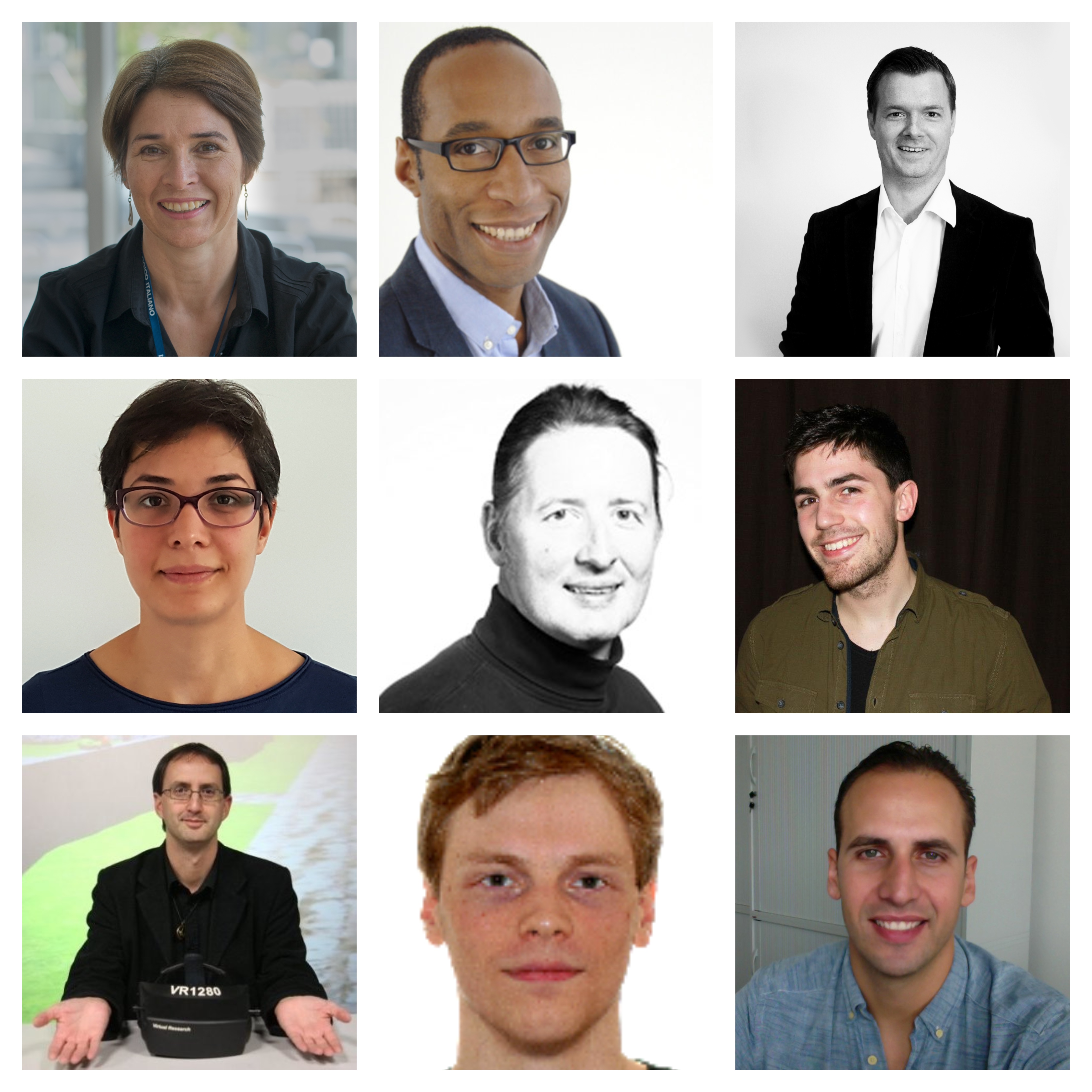
Organizer:
- Christian Geiger, *University of Applied Sciences Düsseldorf
- Nikolaos Katzakis, University of Hamburg
- Fariba Mostajeran, University of Hamburg*
- Charles Nduka, Emteq Ltd
- Sebastian Rings, University of Hamburg
- Wendy Powell, Tilburg University
- Vaughan Powell, University of Portsmouth
- Frank Steinicke, University of Hamburg
- Marcel Tiator, University of Applied Sciences Düsseldorf
Main Topics:
- XR/VR/AR for physical therapy and rehabilitation
- XR/VR/AR for mental health and behavior change
- XR/VR/AR for healthcare training and patient education
- Emotion sensing and affective computing in XR/VR/AR
- Making XR/VR/AR accessible for patients and people with disabilities
Submissions:
- Project and Research papers (2-8 pages, VGTC format)
Important dates:
- Submission deadline: January 11, 2019
- Notification: February 5, 2019
- Camera-ready submission: February 19, 2019
Website: https://sites.google.com/view/avehieeevr2019
W6: SEARIS: The Twelfth IEEE VR Workshop on Software Engineering and Architectures for Realtime Interactive Systems
SEARIS provides a forum for researchers and practitioners working on the design, development, and support of realtime interactive systems (RIS). These systems span from Virtual Reality (VR), Augmented Reality (AR), and Mixed Reality (MR) environments to novel Human-Computer Interaction systems (such as multimodal or multitouch architectures) and entertainment applications in general
Organizer:
- Marc Erich Latoschik, University of Würzburg, Germany
- Jean Luc Lugrin, University of Würzburg, Germany
- Dirk Reiners, University of Arkansas, Little Rock, USA
- Wesley Griffin, National Institute of Standards and Technology (NIST), USA
- Pablo Figueroa, Universidad de los Andes, Bogota, Colombia
Main Topics:
- Software architectures
- Operating systems, portability, networking, distribution, etc.
- Software adaptivity, reusability, and abstraction mechanisms
- Support and integration of behavioral components (physics, AI, etc.)
- Implementation and testing of realtime interactive systems
Submissions:
- Research papers (4-8 pages, VGTC format)
- Position papers (1-2 pages, VGTC format)
Important dates:
- Abstract submission: December 17, 2019
- Submission deadline: January 7, 2019
- Notification: February 5, 2019
- Camera-ready submission: February 19, 2019
Website: http://www.searis.net
W7: WSWT: The First IEEE VR Workshop on Smart Work Technologies
Smart-work technologies include virtual reality systems for training skills, augmented reality systems for information support on working sites, and even robotics for automation systems that reduce human working load.

Organizer:
- Takashi Okuma, Human Augmentation Research Center, AIST, Japan
- Ryosuke Ichikari, Human Augmentation Research Center, AIST, Japan
- Mai Otsuki, Tsukuba University, Japan
Main Topics:
- VR/AR/MR systems for productive work,
- Cognitive Interaction,
- Human Augmentation,
- Human Activity Sensing,
- Simulation
Submissions:
- Position, research and work-in-progress papers (2-4 pages, VGTC format)
Important dates:
- Submission deadline: January 18, 2019
- Notification: February 1, 2019
- Camera-ready submission: February 12, 2019
Website: http://seam.pj.aist.go.jp/symposium/WSWT2019/
W8: WEVR: The Fifth IEEE VR Workshop on Everyday Virtual Reality
This half-day workshop will bring together researchers and industry practitioners to explore new challenges and contribute to the advancement of research in Virtual and Augmented Reality in settings beyond research laboratories and specialist environments.
Organizer:
- Adalberto L. Simeone, KU Leuven, Belgium
- Benjamin Weyers, University of Trier, Germany
- Christoph W. Borst, University of Louisiana, USA
- Mark Billinghurst, University of South Australia
Main Topics:
- Overcoming constraints of ordinary environments (e.g., object avoidance, prolonged exposure)
- New trends of VR and AR applications in everyday contexts
- Gameplay Design and Player Interaction in consumer VR/AR
- Co-located and Remote Social & Collaborative VR/AR and related challenges (Intersection of Immersed and Non/Semi-Immersed Users)
- VR/AR interaction techniques
Submissions:
- Research and position papers, preliminary results (4-6 pages, VGTC format)
Important dates:
- Abstract submission: January 18, 2019
- Submission deadline: January 25, 2019
- Notification: February 1, 2019
- Camera-ready submission: February 15, 2019
Website: https://wevr.adalsimeone.me
W9: WISP: The First IEEE VR Workshop on Immersive Sickness Prevention
WISP is intended to foster discussion between researchers, developers, and practitioners interested in addressing cybersickness, one of the most significant usability issues in the virtual reality field.
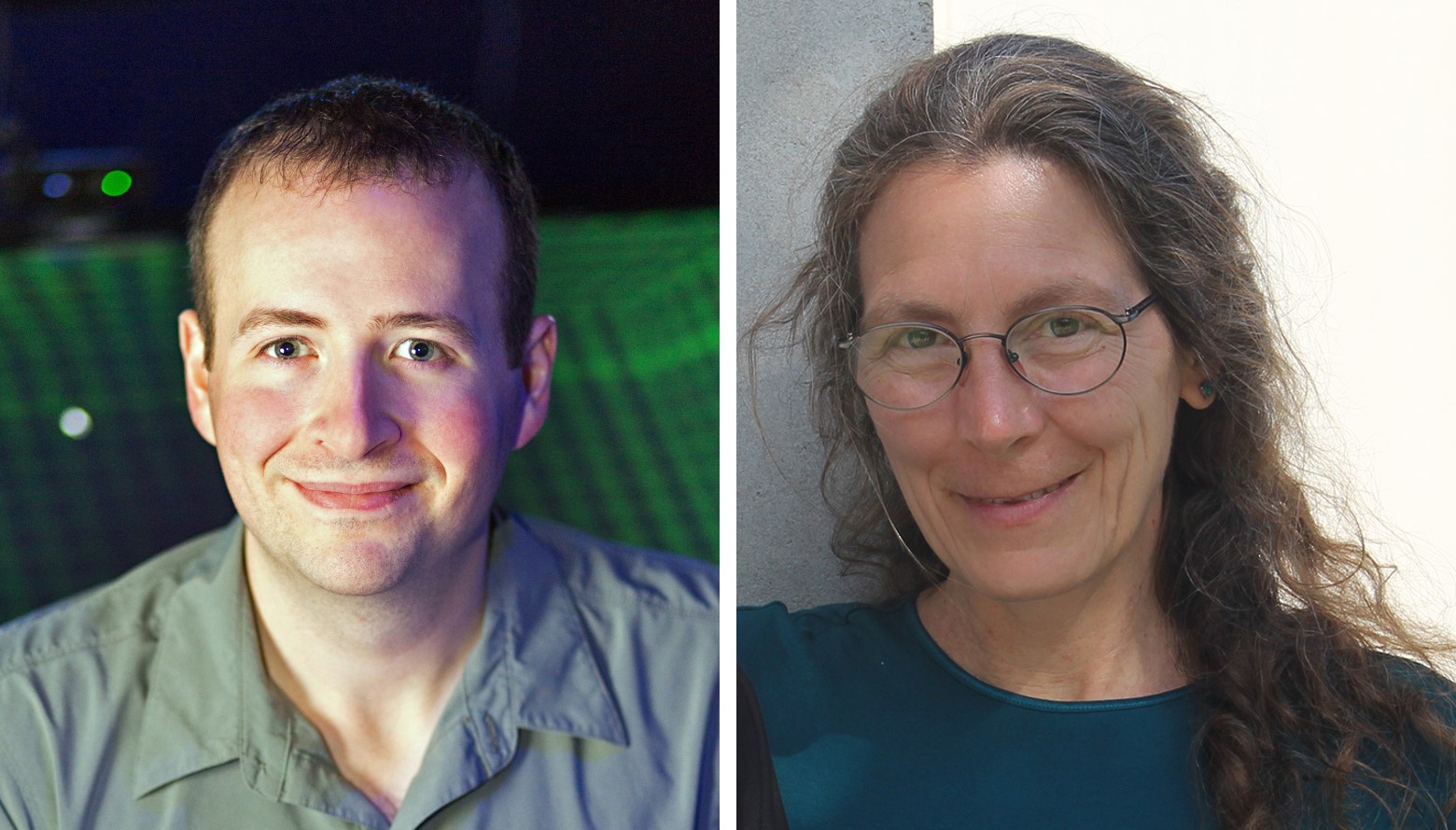
Organizer:
- Evan Suma Rosenberg, University of Minnesota, USA
- Victoria Interrante, University of Minnesota, USA
Main Topics:
- Experiments that improve scientific understanding of motion sickness phenomena
- Studies of group characteristics or individual differences with respect to cybersickness
- Methods for the prediction or early detection of negative symptoms
- Techniques or technologies for preventing cybersickness
- Interventions that can mitigate the severity of negative symptoms
- Case studies of cybersickness concerns from user experiences with commercial virtual reality applications
Submissions:
- Research papers (4-8 pages, VGTC format)
- Position papers (1-2 pages, VGTC format)
Important dates:
- Submission deadline: January 28, 2019
- Notification: February 5, 2019
- Camera-ready submission: February 19, 2019
Website: https://sites.google.com/umn.edu/wisp
W10: HAA: The First IEEE VR Workshop on Human Augmentation and its Applications
Research on human augmentation (HA) combines Virtual and Augmented Reality, Artificial Intelligence, Computer Vision, Robotics, etc. to enhance our physical and intellectual abilities. This workshop is expecting novel or late breaking research results on designs, methods, implementations, or applications.
Keynote: Dr. Maria Herrojo Ruiz, Goldsmiths University of London, UK and Didier Stricker, German Research Center for Artificial Intelligence, DFKI, Germany.

Organizer:
- Hideki Koike, Tokyo Institute of Technology, Japan
- Jun Rekimoto, The University of Tokyo, Japan
- Junichi Ushiba, Keio University, Japan
- Shinichi Furuya, Sony Computer Science Laboratory, Japan
- Asa Ito, Tokyo Institute of Technology, Japan
Main Topics:
- VR/AR/MR/Robotics for human augmentation
- Computer vision and Artificial Intelligence for human augmentation
- Brain machine interface and human augmentation
- Design consideration and cognitive aspect for human augmentation
- Applications of human augmentation such as sports, music and art performance
Submissions:
- Research and position papers (2-6 pages, VGTC format)
Important dates:
- Submission deadline: February 1, 2019
- Notification: February 5, 2019
- Camera-ready submission: February 17, 2019
Website: https://sites.google.com/view/haa2019
W11: SHS: The First IEEE VR Workshop on Superhuman Sports
With Superhuman Sports, we want to create an application area to explore AR/VR technologies to enhance human abilities in a playful way. The field of superhuman sports combines competition and physical elements from traditional sports with technology to overcome the somatic and spatial limitations of our human bodies.
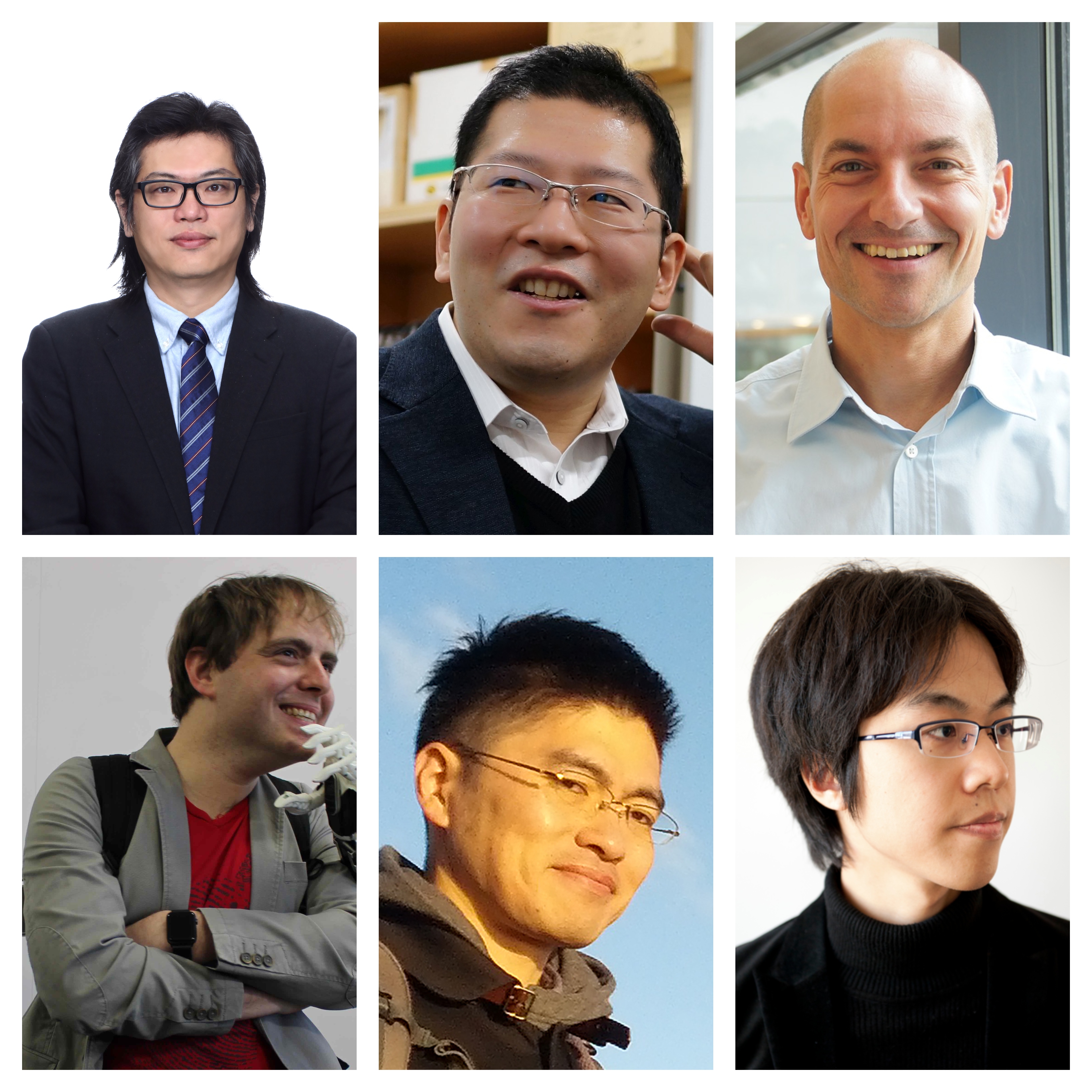
Keynote: Masahiko Inami, The University of Tokyo
Organizer:
- Kai Kunze, Keio University, Japan
- Stephan Lukosch, Delft University of Technology, Netherlands
- Kouta Minamizawa, Keio University, Japan
- Takuya Nojima, University of Electro-Communications, Japan
- Yuichi Kurita, Hiroshima University, Japan
- Bing-Yu Chen, National Taiwan University, Taiwan
Main Topics:
- Sensory Augmentation: Any type of technology that augments and enhances human senses.
- Sports Field Enhancements: Digital tools that change the actual sports field or extend it into virtual reality.
- Training Technologies: Improving and amplifying training for conventional or new sports.
- Novel AR/VR Sports: Conceptual ideas on how to use virtual reality and other technologies to create novel sports.
- Spectator Augmentation: Topics and research that improves the experience of watching sports.
Submissions:
- Research and position papers (2-6 pages, VGTC format)
Important dates:
- Submission deadline: January 25, 2019
- Notification: February 1, 2019
- Camera-ready submission: February 15, 2019
Website: http://shs.fit
W12: VHCIE: The Fourth IEEE VR Workshop on Virtual Humans and Crowds in Immersive Environments
The context of VHCIE is immersive populated environment. VHCIE invites submissions related to Virtual Humans (VH), Virtual Crowds (VC), Immersive populated spaces, Interaction with VH & VC, Multimodal rendering of VH & VC, Virtual Reality applications to VH & VC.
Keynote: Sabarish Babu, Clemson University, USA and Anthony Steed, University College London, UK.
Organizer:
- Ming Lin, University of Maryland, USA
- Anne-Hélène Olivier, University of Rennes, France
- Julien Pettré, Inria Rennes, France
Main Topics:
- Virtual Humans (VH)
- Virtual Crowds (VC)
- Interaction with VH & VC
- Multimodal rendering of VH & VC
- Virtual Reality applications to VH & VC
Submissions:
- Research papers and technotes (4-8 pages, VGTC format)
- Position and work-in-progress papers (2-3 pages, VGTC format)
Important dates:
- Submission deadline: January 21, 2019
- Notification: February 5, 2019
- Camera-ready submission: February 16, 2019
Website: https://sites.google.com/site/vhcieieeevr2019/home
W13: NIDIT: The First IEEE VR Workshop on Novel Input Devices and Interaction Techniques
The workshop focuses on the future of input devices and interaction techniques for VR/AR and 3D user interfaces. We emphasize the hands-on nature of input devices and interaction techniques; to this end, we strongly encourage hands-on demos of all research presented at the workshop.
Keynote: Wolfgang Stuerzlinger, Simon Fraser University, Canada.
Organizer:
- Robert J. Teather, School of Information Technology at Carleton University
- Adalberto Simeone, Department of Computer Science at KU Leuven
- Francisco R. Ortega, Department of Computer Science at Colorado State University.

Main Topics:
- Form factors, ergonomics of input devices, and haptic/tactile feedback
- Selection, manipulation, and travel supporting VR/AR tasks.
- Hardware design & prototyping and mapping of input to display degrees of freedom
- Novel input devices, repurposing existing devices (e.g., mobile devices)
- Novel Interaction techniques supported by custom devices
Submissions:
- Research and position papers (4-6 pages, VGTC format)
Important dates:
- Abstract submission January 18, 2019
- Submission deadline: January 31, 2019
- Notification: February 1, 2019
- Camera-ready submission: February 1, 2019
Website: https://sites.google.com/view/nidit
W14: ANIVAE: The Second IEEE VR Workshop on Animation in Virtual and Augmented Environments
The goal of ANIVAE is to address the challenges of animated content in AVR environments. The workshop focuses on application-oriented contexts, such as industry, education, health or architecture, creating direct benefits for end users, but is also open to creative and artistic approaches.
Keynote: Hans-Martin Rall, Nanyang Technological University Singapore.

Organizer:
- Franziska Bruckner, St. Pölten University of Applied Sciences, Austria
- Thomas Moser, St. Pölten University of Applied Sciences, Austria
Main Topics:
- Animated reality vs. mixed reality content
- Animation techniques in AVR environments
- Hardware/Software support for animation in AVR
- Interdisciplinary and intermedia approaches (e.g. games, film, theatre, fine arts etc.)
- Use Cases and Applications of animated content in AVR environments
Submissions:
- Research papers (6-8 pages, VGTC format)
- Survey papers (6-8 pages, VGTC format)
- Technotes and work-in-progress papers (up to 4 pages, VGTC format)
Important dates:
- Submission deadline: January 7, 2019
- Notification: February 4, 2019
- Camera-ready submission: February 17, 2019
Website: https://anivae.fhstp.ac.at
W15: PerGraVAR: The First IEEE VR Workshop on Perception-driven Graphics and Displays for VR and AR
Display technology progresses and will tighten the requirements on image synthesis techniques and vice versa. The PerGraVAR workshop aims to discuss perceptual findings, identify challenges and present the latest research in the field of perception-driven rendering and computational displays.
Keynote: Rafal Mantiuk, Cambridge University, UK.
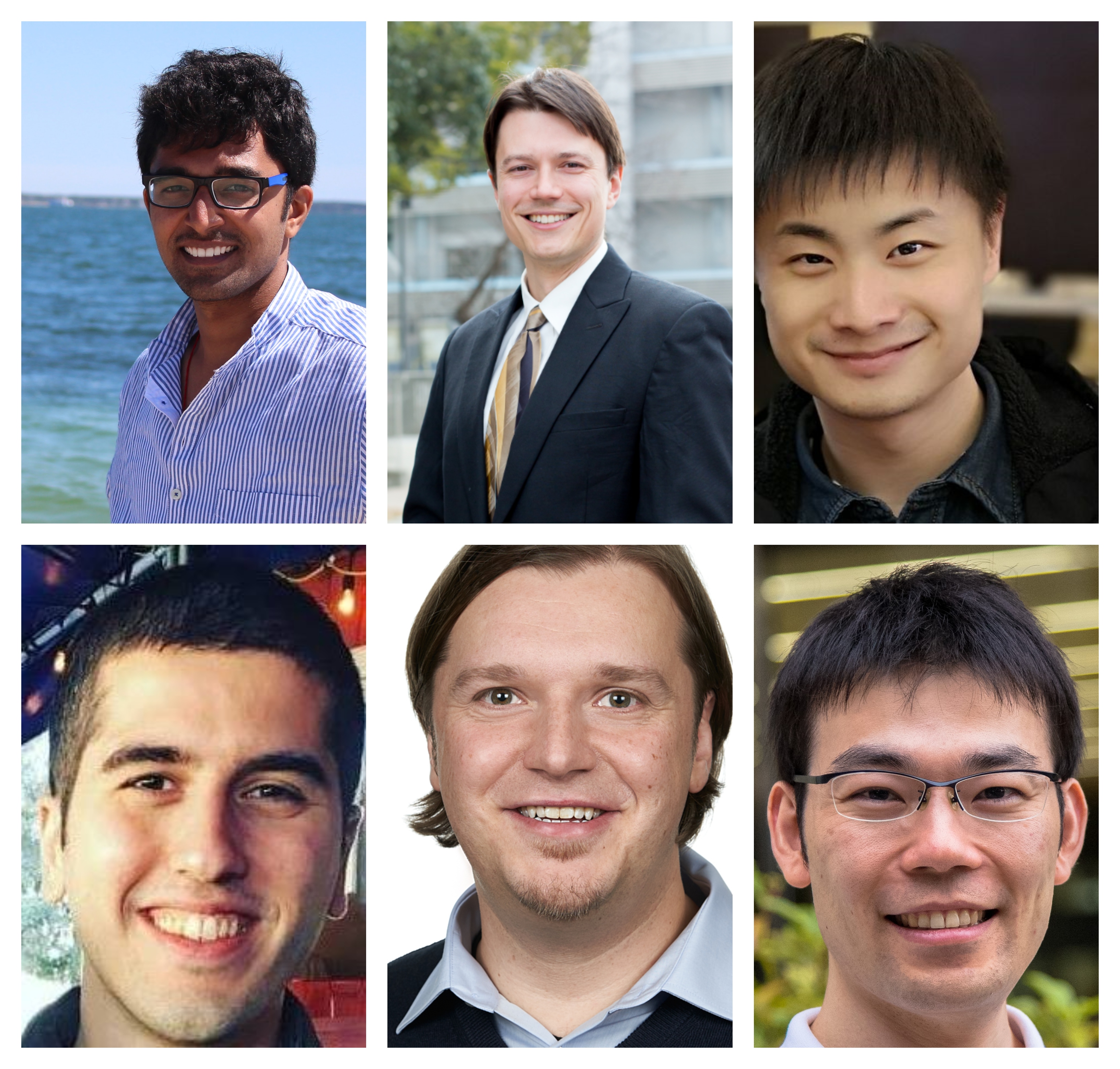
Organizer:
- Martin Weier, BRSU of Applied Sciences and Saarland University, Germany
- Kaan Aksit, NVIDIA - New Experiences Group (NXP), Santa Clara, USA
- Jason Orlosky, Osaka University, Japan
- Yuta Itoh, Tokyo Tech, Japan
- Praneeth Chakravarthy, UNC Chapel Hill, USA
- Chang Liu, Osaka University, Japan
Main Topics:
- Novel display devices for VR and AR
- Rendering and information visualization methods that exploit perceptual issues
- Rendering and information visualization methods that target specific perceptual potentials
- Gaze-contingent rendering and interaction techniques
- Studies that provide insights into perception and cognitive processes
Submissions: Research and position papers (2-6 pages, VGTC format)
Important dates:
- Submission deadline: January 25, 2019
- Notification: February 1, 2019
- Camera-ready submission: February 15, 2019
Website: https://sites.google.com/view/pergravarworkshop/submissions
W16: VisAug: The First IEEE VR Workshop on Eye Tracking and Vision Augmentation
Eye tracking is closely tied to a number of AR applications such as diagnosis, interaction, and Vision Augmentation. The workshop will include a review of many of these technologies, along with a series of presentations on state-of-the-art research and a panel in which participants can engage with leading experts in the field.
Keynote: James Blaha, Vivid Vision, USA.
Organizer:
- Jason Orlosky, Osaka University, Japan
- Yuta Itoh, Tokyo Tech, Japan
- Praneeth Chakravarthy, UNC Chapel Hill, USA
- Chang Liu, Osaka University, Japan
Main Topics:
- Extended Vision/ Superhuman Vision
- Eye Tracking
- Biometrics
- Medical Applications
Submissions: Research and position papers (2-6 pages, VGTC format)
Important dates:
- Submission deadline: January 25, 2019
- Notification: February 1, 2019
- Camera-ready submission: February 15, 2019
Website: https://sites.google.com/view/pergravarworkshop/submissions
W17: FAVR: The First IEEE VR Workshop on the Future of Audio in VR
This workshop aims to highlight recent developments in VR audio, articulate the role of sound in the ultimate displays of the future, and identify the needs of the VR community in creating compelling virtual auditory experiences for the next generation of immersive media.
Organizer:
- Anıl Çamcı, University of Michigan, USA
- Rob Hamilton, Rensselaer Polytechnic Institute, USA
Main Topics:
- Applications of, and best practices in VR audio
- Creativity support and authoring tools for spatial audio
- Audio-first and audio-only VRs; auditory perception in virtual environments
- Virtual Interfaces for Musical Expression and Sonic Interaction Design for Virtual Environments
- Acoustic modelling systems and techniques for VR (see the workshop website for more topics)
Submissions:
- Research and position papers, technotes and late-breaking results (2-5 pages, VGTC format)
Important dates:
- Submission deadline: January 18, 2019
- Notification: February 8, 2019
- Camera-ready submission: February 19, 2019
Website: http://favr2019.github.io
W18: FCF: The Second Workshop on The Future of Computing and Food
In this satellite event, we aim to address pressing questions on the intersection between technology and food, such as: How will the VR/AR technologies change our multisensorial eating experience? How will we design and innovate considering food/mouth/digesting system as an interface? How will the future computing landscape explore this interaction design?
Keynotes:
- Yoshihiro Murata, Owner & Chef of Kikunoi
- Kenichi Kato, Kyoto Nakasei Ltd.
- Ramesh Jain, University of California, Irvine, USA
- Jozef Youssef, Chef & Founder of Kitchen Theory

Organizer:
- Masahiko Inami, The University of Tokyo, Japan
- Marianna Obrist, University of Sussex, UK
- Takuji Narumi, The University of Tokyo, Japan
- Carlos Velasco, BI Norwegian Business School, Norway
- Yuji Wada, Rtistumeikan University, Japan
Main Topics:
- Interaction Design, Virtual/Augmented Reality and Human-Computer Interaction for Human-Food Interaction
- Multisensory interfaces/interactions/experience design
- Sensory science, chemistry, biology, and molecular gastronomy
- Data-driven analysis of Human-Food Interaction
Important dates:
- Registration as a speaker of 10-min inspiration talk: February 1st, 2019
- Registration as a participant:
February 15th, 2019March 18th, 2019


